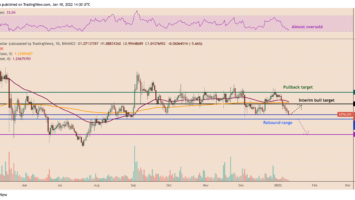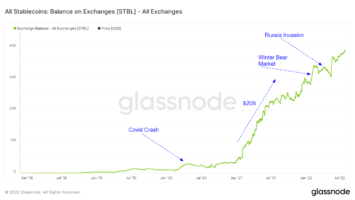- Bitcoin payroll provider Bitwage launched a new platform.
- The update brings a redesigned dashboard and new features for workers and employers.
- The launch comes after one year of work on the new platform, Bitwage said.
Bitwage, a provider of bitcoin payroll services since 2014, has launched its newest platform, featuring new additions to further facilitate the lives of companies and individuals seeking to pay and get paid in BTC.
“Bitwage’s team of engineers worked for over a year to launch an entirely new platform for all users with a host of new features,” Bitwage said in a statement sent to Bitcoin Magazine. “They expect that these features will make the Bitwage experience more convenient for those who believe in leveraging their salaries into Bitcoin & cryptocurrencies.”
Bitwage said its bitcoin payroll services will look and feel different for both companies and individuals with the launch of the new platform.
Changes for companies include the ability to invite their employees more easily, check their onboarding status, and send out reminders to employees and contractors to complete setup; use invoicing features; have access to reports and analytics, and combine multiple invoices from contractors into a single transaction.
Individuals, on the other hand, will get a redesigned dashboard and an easier setup of cryptocurrency payroll distributions; the ability to generate and email legal invoices to clients; and better and more transparent receipt details.
“These changes mark the beginning of a new era for Bitwage,” the company said in a statement.
In December, Bitwage became the first company to process a bitcoin payroll on Lightning after processing a salary payment entirely on Bitcoin’s layer 2 scaling solution for fast and cheap bitcoin payments.
Bitwage said it has processed over $125 million in transactions since 2014 and currently has 50,000 registered users and 2,000 registered companies. In 2021, the company’s business doubled in the U.S. and Latin American markets, amounting to a growth of 1,900% since the beginning of the pandemic in 2020.






















Comments (No)